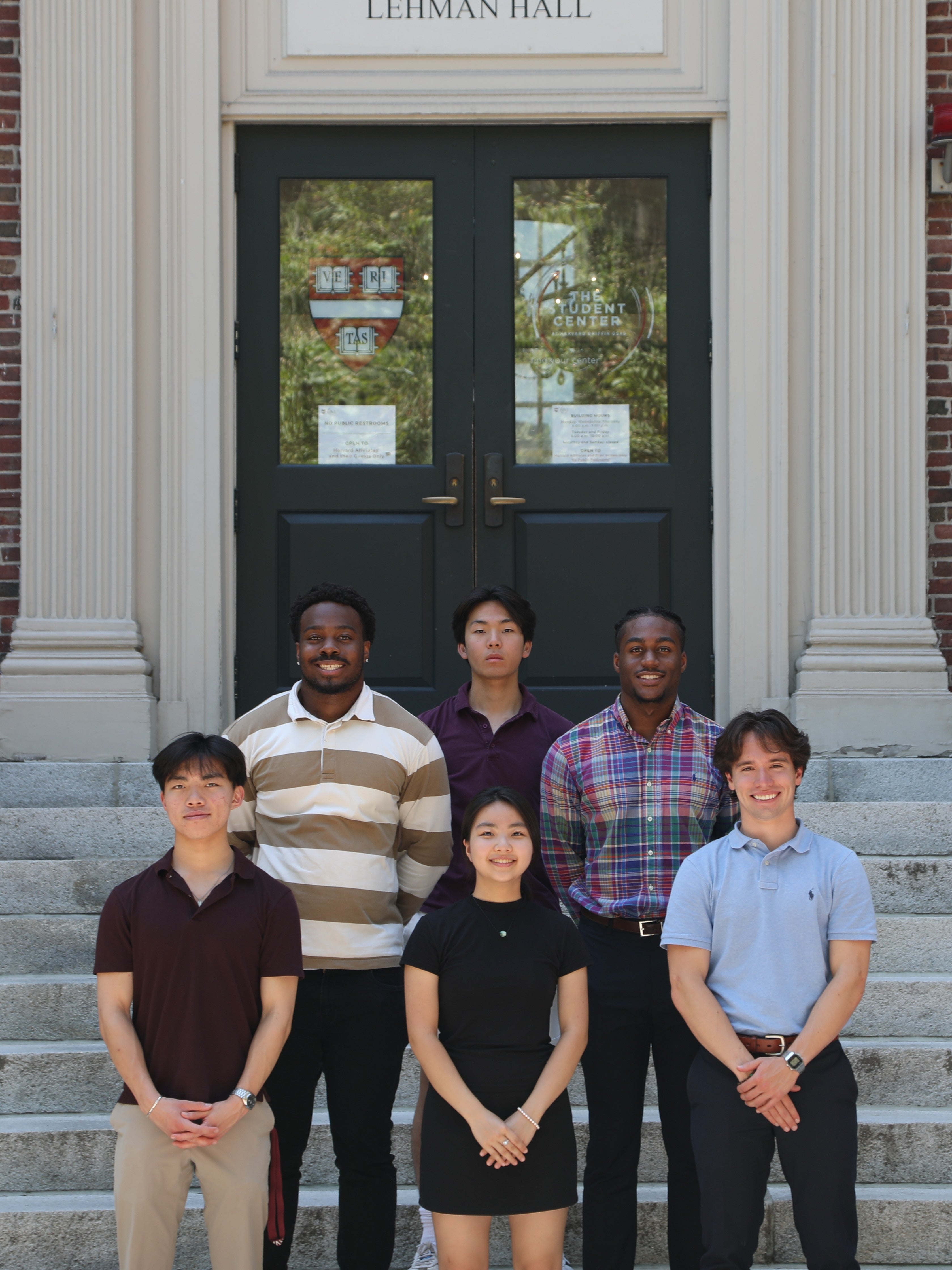Abstract
A growing amount of Artificial Intelligence (AI) is being used to help achieve Sustainable Development Goal 11 (SDG-11): Sustainable Cities and Communities. The effects of AI on SDG-11 on the environment, the economy, and society are examined in this paper. A review of previously collected data suggests that AI in SDGs has led to immense sustainable progress for the better. Still, this paper tests that theory to see its true implications and results on people’s lifestyles. It highlights the negatives and positives of its utilisation in the modern world, and the future delves into the exact use of AI to be further researched. The conclusion points to the need to effectively monitor such AI systems when dealing with something as important as sustainable progress. The future generation needs to develop such AI models and carry out more extensive research and analysis of data to achieve SDG11 successfully. This will help pave the way to more technological advancements in the field of sustainable research building a better, brighter future.
Introduction
Artificial Intelligence (AI) is finding more and more applications in this technologically advanced, fast-paced environment. The key to saving our planet and achieving sustainability is increasing AI. Therefore, AI has been viewed as the driving factor in achieving many sustainable development goals (SDGs). Specifically, its utilization has been crucial in accomplishing SDG-11: Sustainable Cities and Communities.
The exact impact of AI on SDG11 has yielded mixed results. Studies linking data from the AIxSDG Database and the Community Research and Development Information Service (CORDIS) showed that some nations are biased toward AI, including European regions. In this case, more than half the data of CORDIS explains that European countries employ AI much more than others, this will inadvertently result in a positive impact. In addition, Nature Communications' study on the role of AI in achieving SDGs corresponds to a slightly more double-sided point of view, where AI can benefit but has many drawbacks as well. Despite these insights, there is a notable lack of longitudinal studies and research to a global extent, indicating a need for further investigation into the long-term effects of AI and its implications on achieving SDG11: Sustainable Cities and Communities.
Analysis and Assessment
Through assessing the real-world impacts of AI systems, it was found that targets like target 11.1 (safe and affordable housing) and target 11.4 (protection of the world's natural and cultural heritage) were improved from a social and economic standpoint. Different applications of AI working towards the common goal of sustainability will help to strengthen specific societal aspects including but not limited to sewage disposal, waste management and air quality.

Fig. 1: Summary of AI's positive and negative impact on the various SDGs.
From: The role of artificial intelligence in achieving the Sustainable Development Goals
Based on Fig. 1a, AI systems have been put in place to be implemented to work towards 100% of the targets linked to SDG11, out of which 90% of the systems are being successfully employed improving living standards and quality of life through sustainable living. Despite AI’s beneficial qualities its implementation has led to 20% of the SDG11 targets being negatively affected by AI, out of which 10% are leading to harm to society, the economy and the environment this is depicted in Fig. 1b. Hence this shows that AI has become a pivotal driver of progress towards Sustainable Development Goal 11 (Sustainable Cities and Communities) due to its transformative impact on the society, environment and economy.
Societal Impact
Positives
AI has a vast impact on society including the thorough use of AI to reduce extensive societal impact on cities linking to target 11.6 (Reduce the Environmental Impact of Cities). When applying AI in society within a city, its main purpose is to improve efficiency and accessibility to safe housing, strong transport systems and green public spaces. AI tools are used to analyse the societal engagement of the community to better address rising concerns. Apart from this, it is seen that for major targets of SDG11, AI acts as an enabler of development, urbanization and sustainability, useful in the achievement of this SDG.
Negatives
Though AI working towards SDG11 has contributed to society positively, it has also resulted in major issues. Society mostly deals with the consequences of AI applications. The constant implementation of sustainable practices can take a toll on the overall quality of life and standard of living of the people within the city. Additionally, AI can very easily be used maliciously to breach the security and privacy of individuals. It can lead to confusion, chaos, and calamity amongst people just because of the constant need for sustainable progress.
Environmental Impact
Positives
AI has been applied through environmental control and disaster management. Through AI systems of air pollution analysis, scientists are now able to safely apply measures to help eradicate the problem of greenhouse gases in a way that is cost-effective and sustainable. AI in SDG11 focuses on target 11.6 (Reduce Environmental Impact of Cities) to mitigate the problem of air pollution and improve waste management. Additionally, using AI to predict natural disasters can prevent immense regional damage to infrastructure, roads and the environment.
Negatives
However, AI is applied to be working towards reduction in environmental issues but it can be causing more of them. Using large AI systems to carry out in-depth analysis of weather conditions and wastage can lead to the building of many technological sites that take up land, space and resources extensively leading to more deforestation and lack of natural habitats for wildlife. Therefore, the application of AI must work towards SDG11 by causing minimal issues. This can be done by analysing data online instead of building more companies.
Economic Impact
Positives
Economically, AI has been implemented to achieve many of the targets within SDG11. Several countries dedicate certain sums of money to aspects concerning sustainable progress including but not limited to safe housing, clean drinking water, adequate food supply, renewable forms of energy etc. This may be expensive in the short run but in the long run does benefit the macroeconomy of a country. With AI being increasingly applied through urban growth and planning infrastructure needs, resources are being used more effectively resulting in successful allocation leading to limited wastage and clear results working towards development and sustainability.
Negatives
On the other hand, the implementation of AI has been effective but costly for consumers, applying AI has taken a heavy economic toll on consumers making even the most simple services like clean drinking water costly just because of the AI processes applied when supplying water sustainably. Since there are many research gaps in the world of AI, economists are also unable to forecast the exact future of the effect of sustainable practices with the use of AI.
Research Gaps in AI regarding SDGs
Conclusion
In conclusion, Artificial Intelligence (AI) is being increasingly applied to advance several Sustainable Development Goals (SDGs). Specifically for SDG11: Sustainable Cities and Communities, the current use of AI has been analysed through its social, environmental and economic impacts. AI’s implementation has led to a better quality of life for people but must be carefully monitored to ensure successful application. AI is currently being used in targets 11.1-11.9 through waste management, pollution, housing, disaster monitoring and fractures to drive the advancement of SDG11. However, it was also seen that AI also has many gaps within its research that must be addressed to fully comprehend and evaluate whether AI is currently or will power sustainable progress in the future. Thus, future studies will lead to the development of ideas and result in the achievement of SDG11 as well as the rest of the SDGs by 2030.
References
- Vinuesa, R., Azizpour, H., Leite, I., Balaam, M., Dignum, V., Domisch, S., Felländer, A., Langhans, S. D., Tegmark, M., & Fuso Nerini, F. (2020). The role of artificial intelligence in achieving the Sustainable Development Goals. Nature Communications, 11(1), 233. https://doi.org/10.1038/s41467-019-14108-y
- Preprint Of Gupta, S., & Degbelo, A. (2022). An empirical analysis of AI contributions to sustainable cities (SDG11). https://arxiv.org/pdf/2202.02879
- Mohsen Shahmohammad, Mohammad Milad Salamattalab, Sohn, W., Mahtab Kouhizadeh, & Nasrin Aghamohmmadi. (2024). Opportunities and Obstacles of Blockchain Use in Pursuit of Sustainable Development Goal 11: A Systematic Scoping Review. Sustainable Cities and Society, 105620–105620. https://doi.org/10.1016/j.scs.2024.105620
- United Nations. (n.d.). Goal 11: Sustainable cities and communities. The Global Goals. https://www.globalgoals.org/goals/11-sustainable-cities-and-communities/
- Jasper, P. (2024, July 9). Can AI help us achieve the SDGs? | SDG Action. SDG Action. https://sdg-action.org/can-ai-help-us-achieve-the-sdgs/
- AI for social good in sustainable development goals | McKinsey. (n.d.). Www.mckinsey.com. https://www.mckinsey.com/capabilities/quantumblack/our-insights/ai-for-social-good





